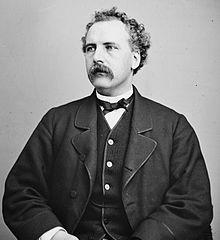Alexander Pope Quotes - Page 12

Choose a firm cloud before it fall, and in it Catch, ere she change, the Cynthia of this minute.
Ladies, like variegated tulips, show 'Tis to their changes half their charms we owe.
And bear about the mockery of woe To midnight dances and the public show.
No more the mounting larks, while Daphne sings, Shall, list'ning, in mid-air suspend their wings.
Interspersed in lawn and opening glades, Thin trees arise that shun each others' shades.
For I, who hold sage Homer's rule the best, Welcome the coming, speed the going guest.
The difference is too nice - Where ends the virtue or begins the vice.
Order is Heaven's first law; and this confess, Some are and must be greater than the rest.
Oh, blindness to the future! kindly giv'n, That each may fill the circle mark'd by heaven.
Thus God and nature linked the gen'ral frame, And bade self-love and social be the same.
Know then thyself, presume not God to scan; The proper study of mankind is man.
Every man has just as much vanity as he wants understanding.
To teach vain Wits that Science little known, T' admire Superior Sense, and doubt their own!
For wit and judgment often are at strife, Though meant each other's aid, like man and wife.
Men, some to business, some to pleasure take; But every woman is at heart a rake.






